When I started my coaching business I was told by countless peers, business coaches, books, blogs and podcasts that I should not under any circumstances list my prices on my website. What they all recommended instead was to have client acquisition phone calls, win over the prospective clients with my charm and amazing services and then right at the very end (preferably after I had gotten the prospective client to voice their desire to hire me) tell them what my prices were. Because I was new to entrepreneurship I listened to them.
It felt awful. I always felt like a slimy salesperson and hated that gaining clients essentially felt like I had to trick people into signing up for coaching sessions with me. I shouldn’t have to trick people! What I do is awesome! I knew that my services were valuable and I knew from experience that people loved working with me, but none of that came through in my client acquisition process.
After a few months I decided that I was going to ignore the recommendations by these so-called experts. I didn’t add my prices to my website right away, but I started being very transparent about them in any interactions I had with prospective clients, both verbally and in writing on fliers and workshop notes. Sometime in 2018 I added the prices directly to my website (you can find my individual coaching pricing here and my group coaching pricing here). Making my prices transparent was a game changer. I got more clients. I had an easier time explaining my services and the value that I bring to the table. And, the best part, is that I felt aligned with the values that are at the heart of Verdi Advising.
Verdi was founded on the belief that everyone can manage their money well if they are given the opportunity to gain the knowledge, skills and confidence they need. My ultimate goal is to improve economic equality in this country through individual change -- the more people (who have traditionally been left out of the financial advising market) who are financially confident and skilled, the more people out there who have access to capital and economic power than they had before. In a country with an incredibly stark wealth gap that is largely gender- and racially- based, this has always felt like my guiding light.
If my ultimate goal, my vision in business terms, is to create a world in which economic equality exists, then part of my work must be on promoting transparency. The way that economic inequality has been maintained is partly through the policing of information. By making it socially acceptable and legally condoned to not share financial information, financial institutions and those that have traditionally held the financial power in this country have been given the greenlight to actively not engage with the have-nots. I may not be able to change the laws by myself, but I can begin to chip away at the taboos around money. I can speak freely about what I spend money on (check out my Day in the Life of my Wallet highlight on instagram), and what I charge for services. I can encourage others to do the same. I can expand my role to look outward at what other, larger companies are doing and what the government’s role is in this work.
In the Verdi Money Club I share everything I spend in a whole month. Even after years of inner work on my money relationship, that day of the club always makes me a little uncomfortable - and that is one reason I do it again and again. The reason I’m uncomfortable is because I, probably like you, was taught from a very early age that sharing these kinds of details is inappropriate and socially unacceptable. Countering that deep narrative is extremely difficult. In future posts I’ll share how I work through these uncomfortable feelings and explain why some of them are so deep seated in our psyches.
Before then I’d love your input - what do you want to know about? What money taboos have the strongest hold on you? What do you want to know about encouraging transparency at a wider scale?
As always, I’m here for you and your money journey - wherever you are on (or off) your path.
XOXO




